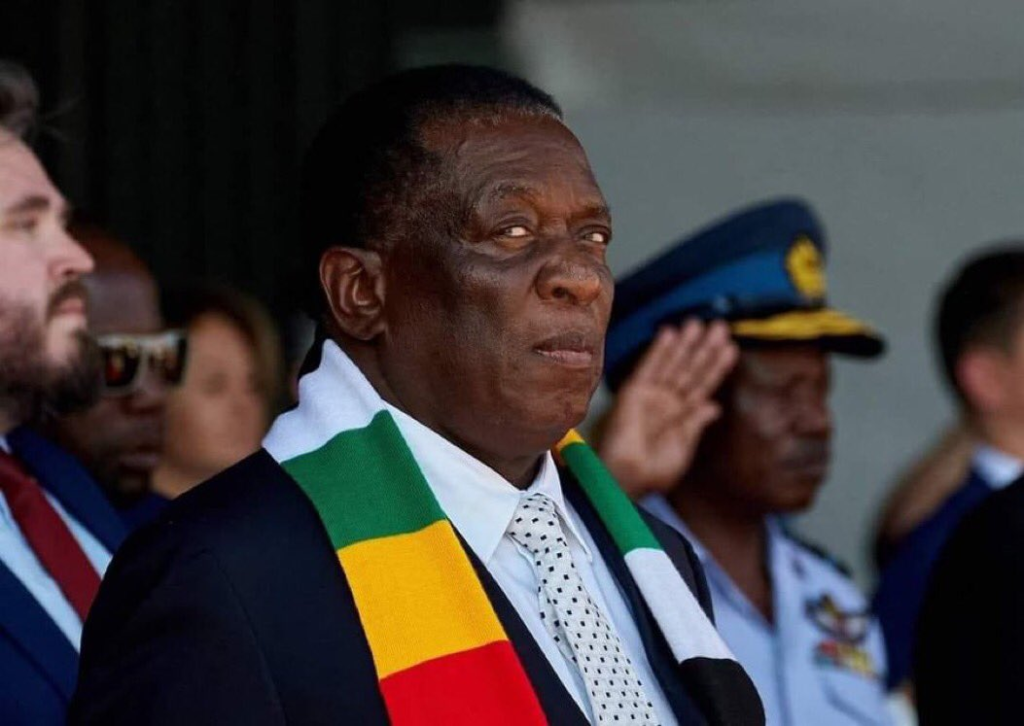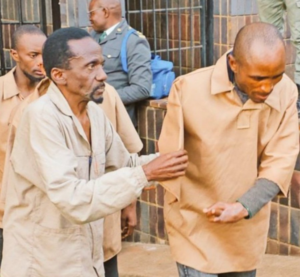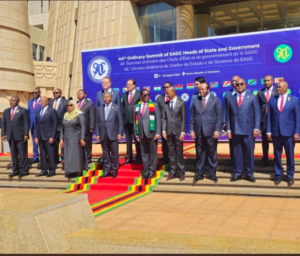PRESIDENT MNANGAGWA TAKES THE REINS: A LOOK INTO ZIMBABWE’S POLITICAL RESTRUCTURING

In a decisive manoeuvre, President Emmerson Mnangagwa of Zimbabwe has embarked on a path of authoritative consolidation. This robust move has seen the astute leader place 13 formidable laws squarely within his domain, effectively broadening his influence over key sectors of governance. Among the institutions now under the President’s firm grip are the Anti-Corruption Commission, the Sovereign Wealth Fund, and notably, the realm of electronic surveillance. Additionally, President Mnangagwa now possesses the authority to independently set his Presidential Salary and Pension, a move viewed by many as a substantial stride towards establishing a more centralised rule.
The rationale behind such a significant political reshuffling can be manifold. On one hand, it showcases a determined bid to fortify control over essential state apparatuses, ensuring a streamlined decision-making process. On the other, critics argue that this may signal a drift towards autocracy, with the centralisation of power potentially stifling democratic discourse and accountability.
Among the laws now under the President’s control, the one concerning the Anti-Corruption Commission stands out. It’s a pivotal institution tasked with maintaining a check on governmental operations, ensuring they adhere to the principles of transparency and accountability. By bringing this body under his wing, President Mnangagwa arguably positions himself as the chief arbiter of integrity within the governmental framework.
Furthermore, the inclusion of the Sovereign Wealth Fund within the President’s jurisdiction marks a significant move. This fund, designed to stabilise the nation’s economy by managing and investing the country’s reserves, is now under the direct oversight of the President. This could potentially offer a more unified approach towards economic governance, although sceptics might view it as a way to control the nation’s wealth.
The realm of electronic surveillance, or electronic snooping as it’s often termed, is another critical area now under the President’s control. In an era where digital communication is ubiquitous, having the reins over surveillance mechanisms grants a considerable amount of influence over information flow and, by extension, public discourse.
Moreover, the authority to set his own Presidential Salary and Pension is not a minor footnote in this narrative. It’s a clear indication of the extent to which President Mnangagwa is consolidating power. While proponents might argue this allows for a more streamlined fiscal management concerning the presidential office, adversaries might see it as a self-serving manoeuvre.
This extensive consolidation of power by President Mnangagwa is reflective of a broader trend of centralisation observed in various political landscapes globally. While it may promise a more cohesive governance structure, it also raises pertinent questions about the balance of power and the essence of democratic accountability.
The unfolding scenario in Zimbabwe is a noteworthy exemplar of the delicate dance between centralisation and the preservation of democratic ethos. As President Mnangagwa takes decisive steps towards a more centralised governance model, the implications of such a political restructuring on the democratic fabric of the nation remain to be fully understood. Each move on the political chessboard not only defines the trajectory of President Mnangagwa’s tenure but also sets a precedent for the governance model in Zimbabwe.




